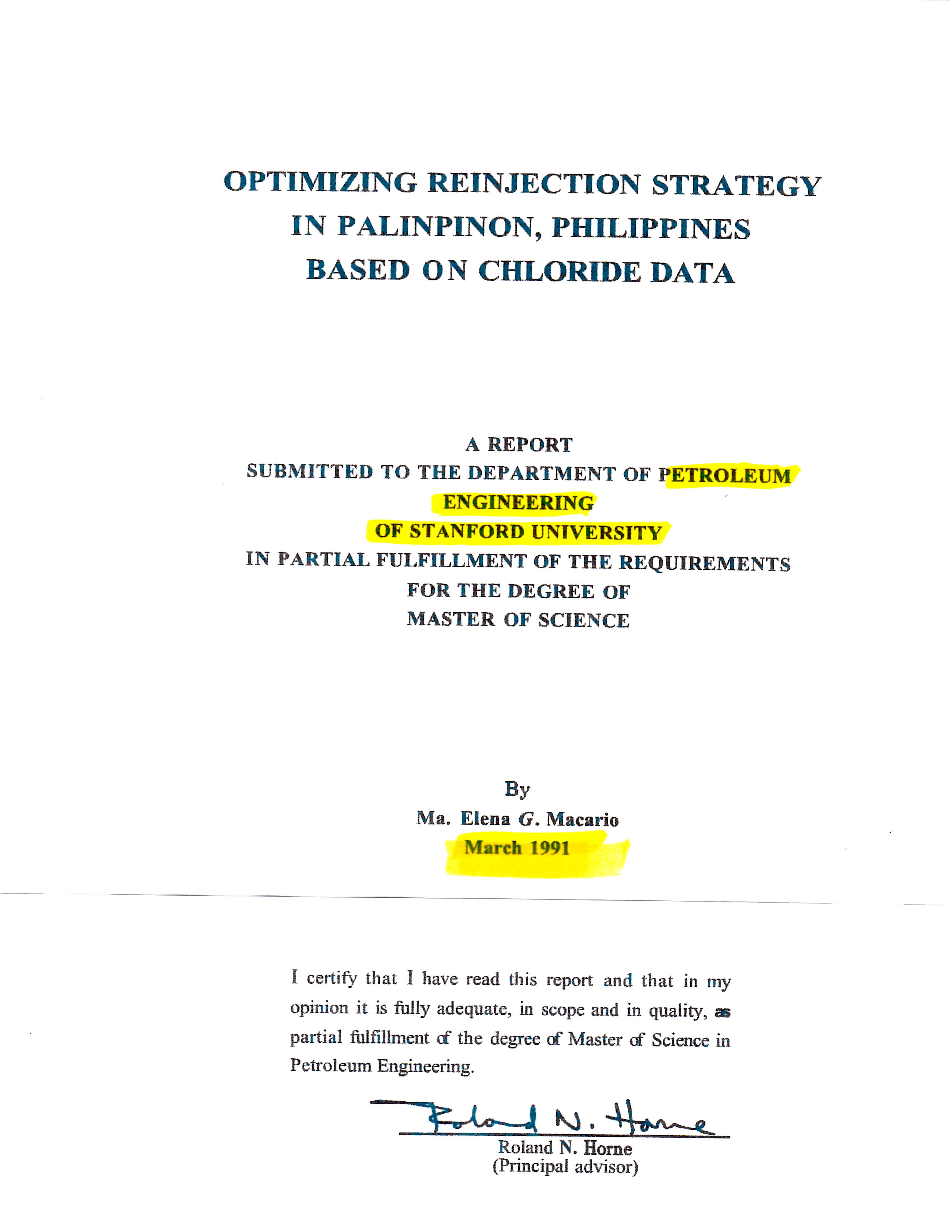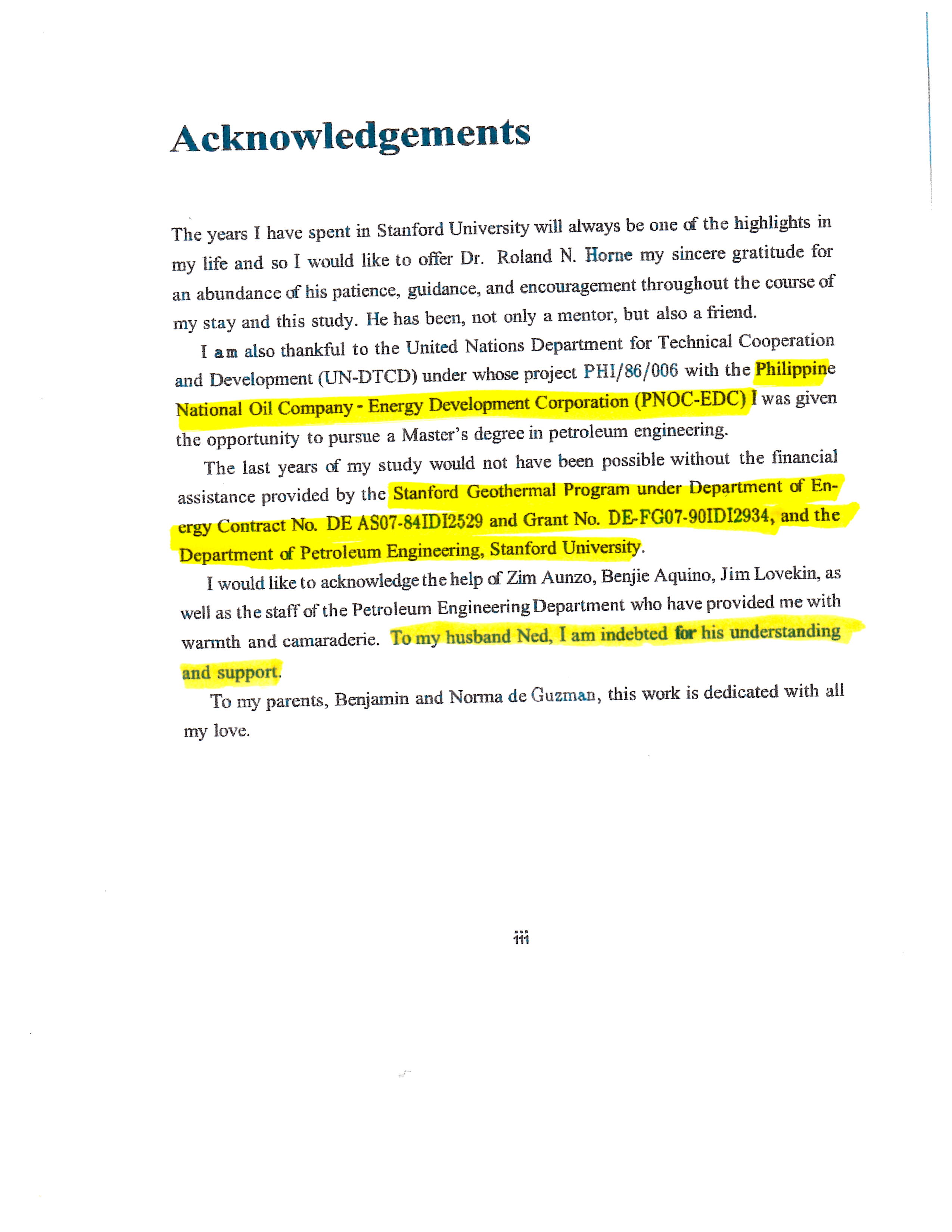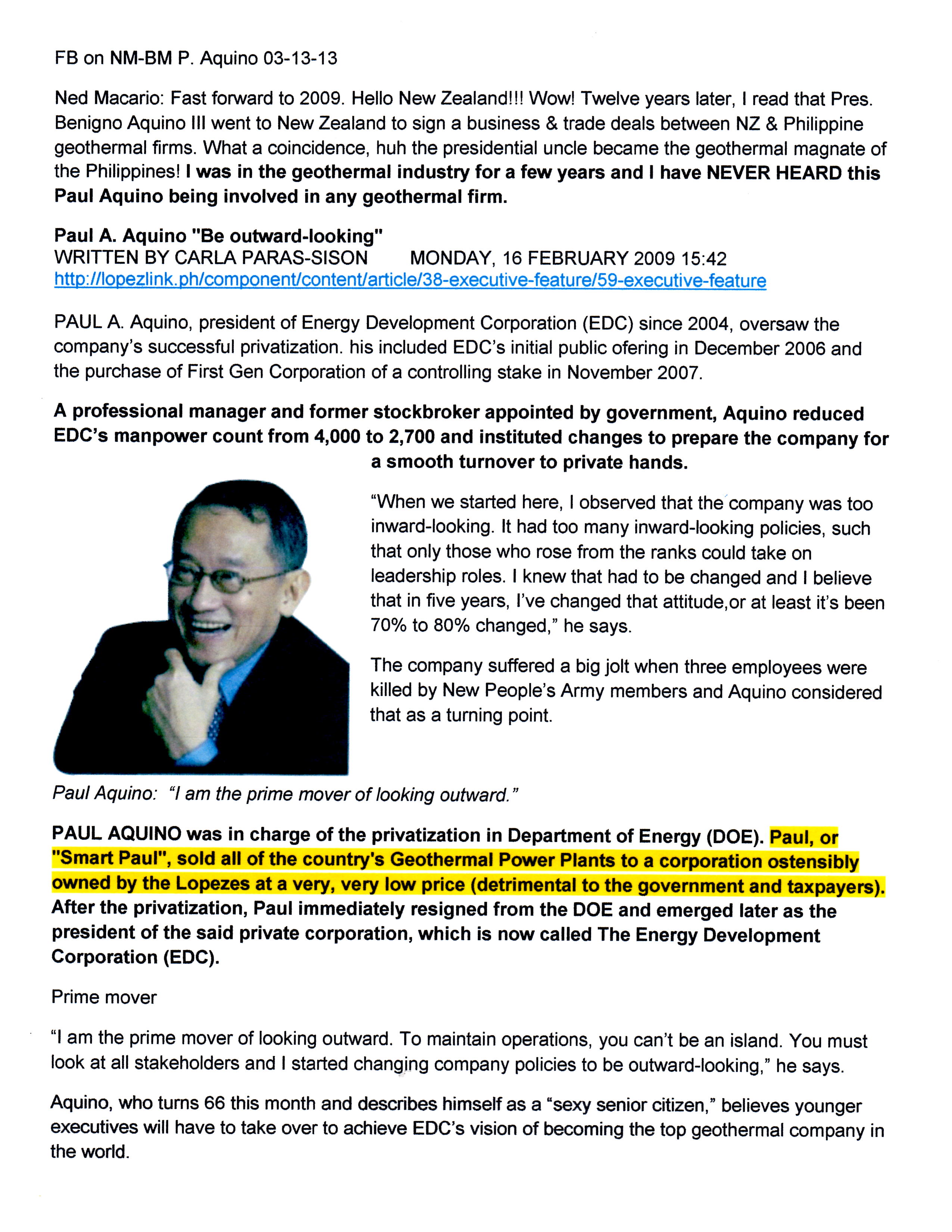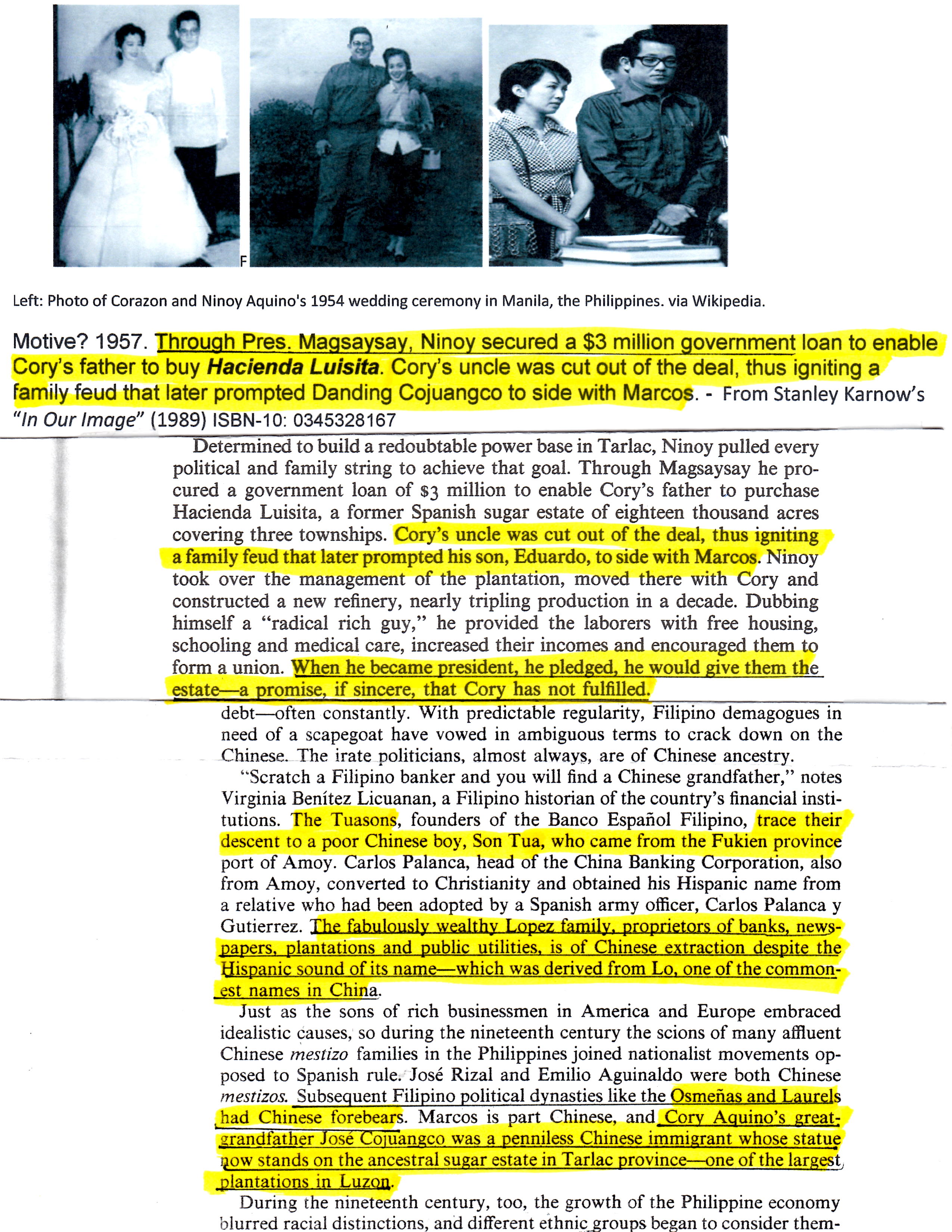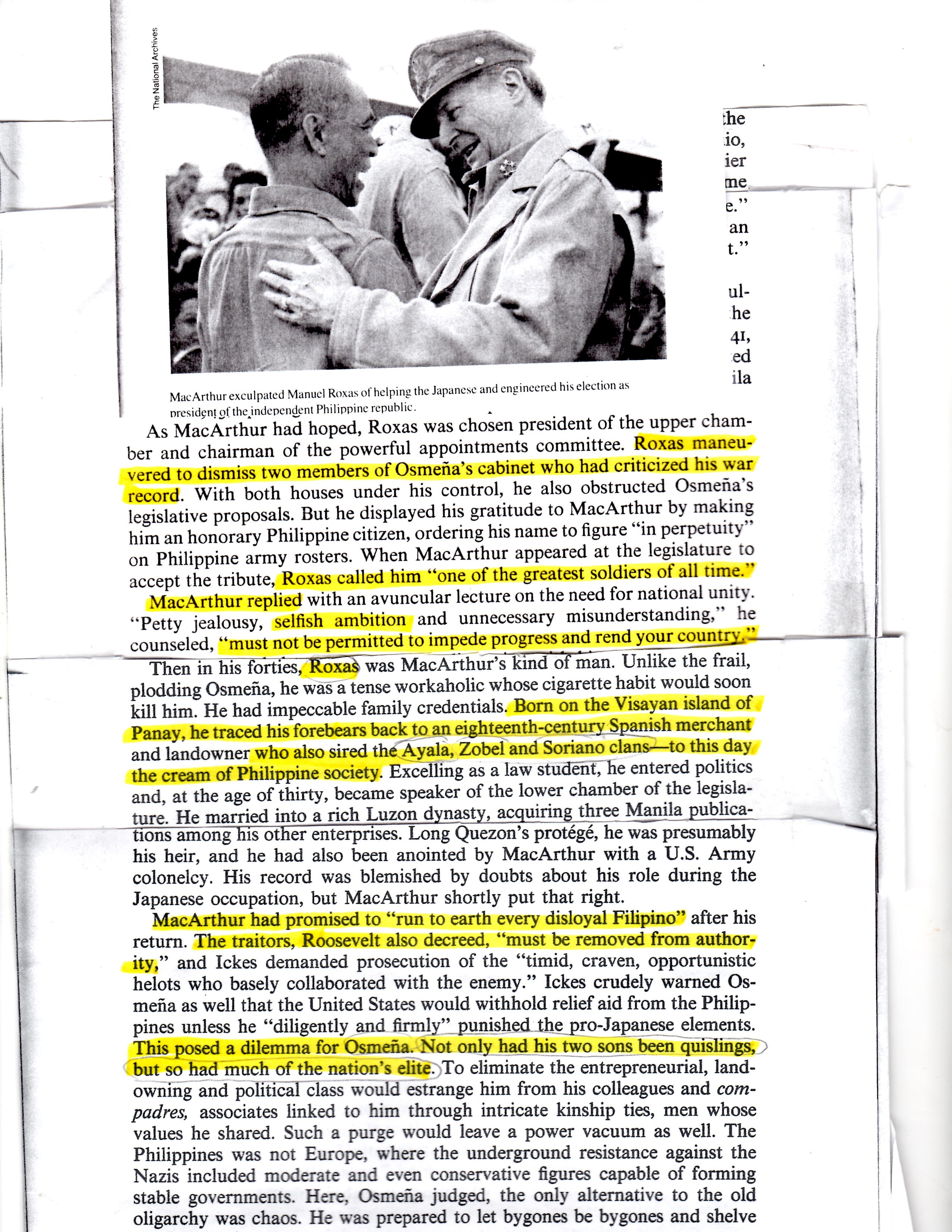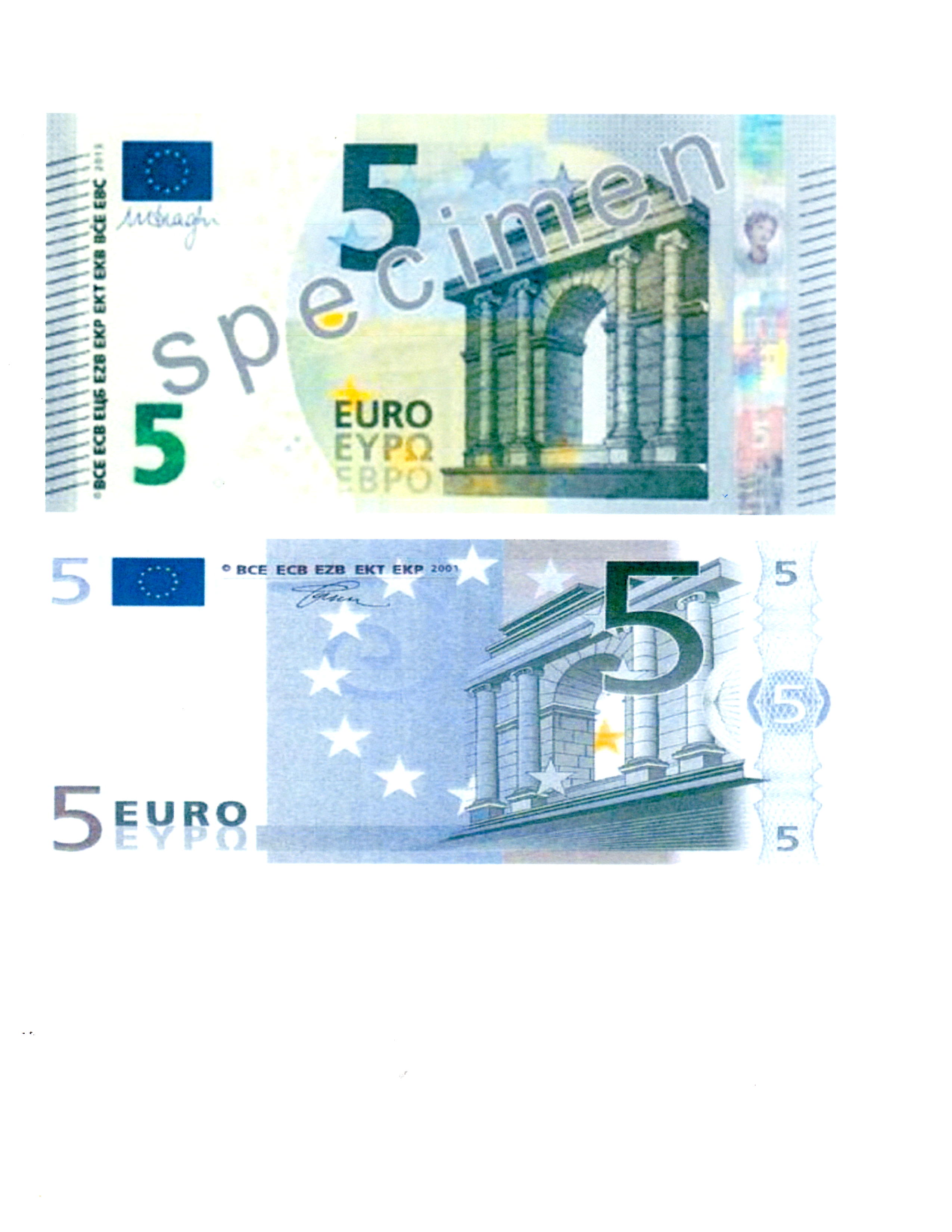April 7, 2013
I’m thinking there’s a certain amount of confusion between financial and economic forecast/calls i.e. the estimates when an economic or financial event will occur and the same actually happening (call) on one hand and what Ingo Swann of Stanford Research Institute called remote viewing or what most would refer to as psychic espionage.
Going back to economic and financial calls like: when the sub prime meltdown will start; when it will impact Europe (9/27/07) or when recession will hit the U.S. in 2008. Or the recession will hit Europe on Sept. 20,2012, I am confident how I come up with the dates and calculations could be explained. I am even thinking of teaching how this is done.
But right now, my priority is getting my consulting business up and running and getting a job in Orange County.
Below are samples of my remote viewing. I’ve tried to read and do the exercises in Lyn Buchanan’s book “The Seventh Sense” but wasn’t quite successful. I needed someone to explain the exercises to me. I understand a lot of these remote viewing methods and processes are still highly classified.
Page 1 of 13
Page 2 of 13
Page 3 of 13
Page 4 of 13
Page 5 of 13
2009 1st Season
Page 6 of 13









